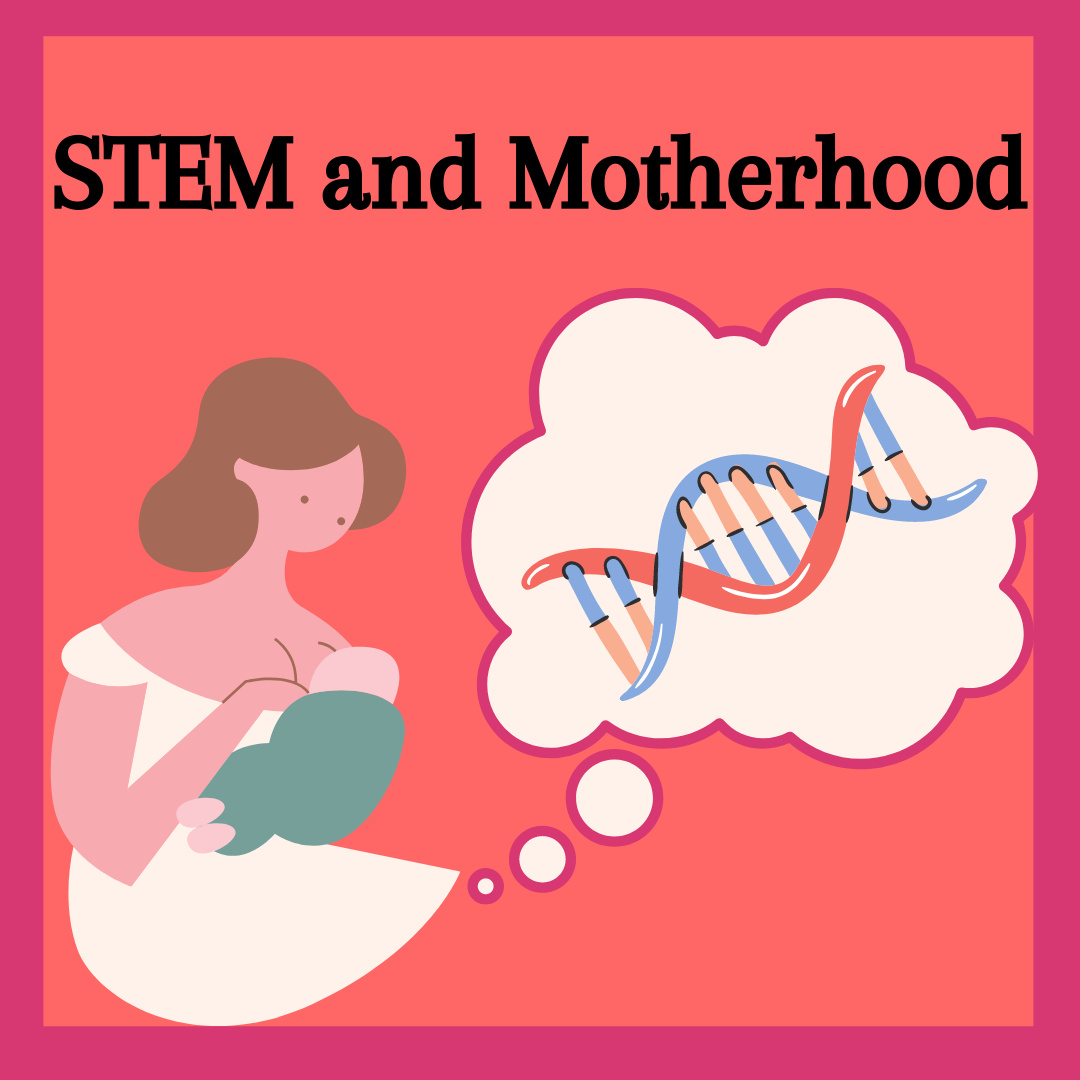At this point, we are all too familiar with the different kinds of biases that exist within STEM that make it an underrepresented area of study for women. But this one is what I consider a looming concern for many that can disrupt the future that they want: a family.
When applying for a lifelong job, you would usually think about its affects on your lifestyle and your possible future. Many people out there want a job so that they could support a current or future family. However, due to inequalities and stereotypes, it is incredibly hard for women to enter a STEM career when thinking of having a child.
Built on Bias
All of this is not entirely new information. This is true especially when considering how most, if not all, women who are considering entering STEM have been told not to if they want a child in the future. In studies about this phenomenon, many women admitted that their professors or even members within their workplace shame women for even considering wanting a family while having a STEM career. They believe that they are “selfish” for not dedicating their lives to their occupation. Additionally, there is an internal struggle. Most women who want children think the workload of 70 hours a week is impossible to manage with a child. Society’s expectation of women being the one to do housework and commit to raising the child causes women to feel shameful when they cannot do so. This leads to women giving up on a STEM career or to give up on having children. It is a sad fact to learn that when these women were surveyed, more than half of them regretted their decision. But it was already too late for them to return to the life they wanted.

So, it is obvious that there exists a system that works against women who want to start a family. So why does this not affect men?
Once again, this goes back to the aforementioned stereotype. When men in STEM want to have children, they expect their wife to look after the child. They would feel less pressured and less anxiety when going through this change. The unfortunate truth is that the structure of these occupations are built upon male dominant expectations. For a long time, this was a male-dominant field. The years that STEM careers expect the most out of their employees are the times where women want to start a family. Additionally, the system refuses to give proper amounts of support during this time. It is easier for employers to tell women to not have children than to do anything about helping them. There needs to be serious changes if we want women to be comfortable entering STEM.
What Needs to be Done
The first step obviously is to be vocal about this issue. It seems to be well-known but it feels as if people have given up on making this change. A lack of child support within jobs is not an issue exclusive to STEM careers. We still live in a world where it is increasingly harder to have children. Jobs today expect more hours and commitment from their workers. We should expect more occupations that have good maternity leave options and be respectful about the choice of starting a family, as the employee has every right to do so.
Since this change cannot be made overnight, there are many support groups in person and online that can assist a STEM enthusiast who also wants to be a mother. “Mothers in Science” raises awareness and provides programs such as mentorships for those who need it. Remember, researchers have claimed that it is entirely possible for a woman to have a career and raise a child. This is so long as they do not encounter anything that can hold them back.
It may be terrifying to enter a system that seems against you but your dream is not something you should give up so easily. Stay active and informed to find places that will give you the opportunities that you deserve.
If you like this post, you may also like some of our other work!
- March 2022
- August 2021
- July 2021
- June 2021
- May 2021
- April 2021
- March 2021
- February 2021
- January 2021
- December 2020
- November 2020
- October 2020
- September 2020
- August 2020
- July 2020
- June 2020
- May 2020
Subscribe to help us keep you updated with new posts!



Leave a Reply